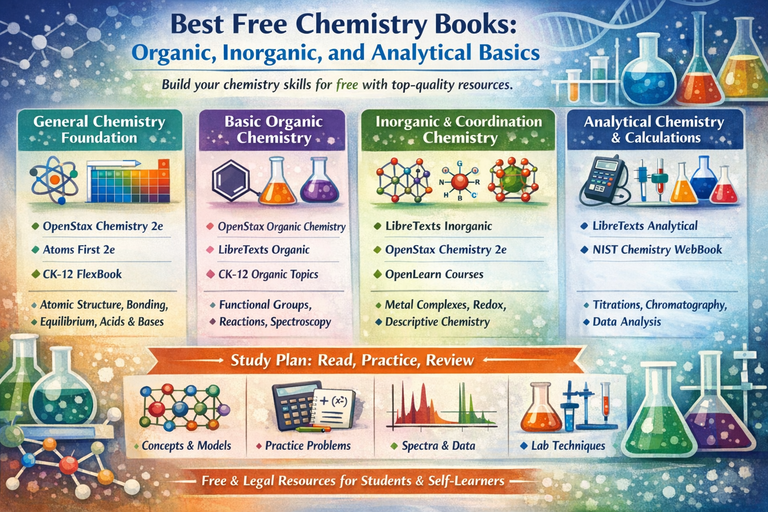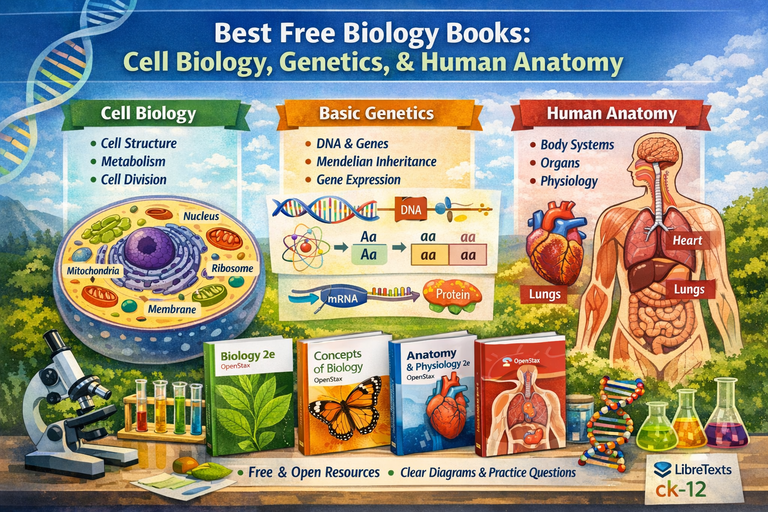Embarking on a Literary Journey: Classic Literature Recommendations
Classic literature is like a time machine, transporting us to bygone eras, introducing us to fascinating characters, and exploring timeless themes. These timeless works have stood the test of time, offering insights into human nature, society, and the human condition. In this article, we'll embark on a literary journey through some classic works that continue to captivate readers around the world, presented in simple and accessible language.
1. "Pride and Prejudice" by Jane Austen
Set in early 19th-century England, this beloved novel follows the spirited Elizabeth Bennet as she navigates societal expectations, love, and family. Through wit and keen observation, Jane Austen delves into themes of class, marriage, and personal integrity. The chemistry between Elizabeth and Mr. Darcy is timeless, making this a must-read for fans of romance and social commentary.
2. "To Kill a Mockingbird" by Harper Lee
Harper Lee's masterpiece is a powerful exploration of racial injustice and moral growth in the American South during the 1930s. Through the eyes of young Scout Finch, readers witness her father Atticus Finch's unwavering commitment to justice as he defends an innocent Black man accused of rape. This novel is a poignant reminder of the importance of empathy and standing up for what's right.
3. "1984" by George Orwell
George Orwell's dystopian classic paints a grim picture of a totalitarian regime where independent thought is suppressed, and reality is controlled by the government. Winston Smith, the protagonist, rebels against the oppressive regime, leading readers through a thought-provoking exploration of truth, surveillance, and freedom. "1984" remains a cautionary tale about the power of authoritarianism.
4. "Jane Eyre" by Charlotte Brontë
This novel introduces us to the indomitable spirit of Jane Eyre, an orphan who rises above adversity to seek independence and love. The story unfolds in the moody halls of Thornfield Hall, where Jane encounters the enigmatic Mr. Rochester. Charlotte Brontë's exploration of love, morality, and personal agency makes this a classic of English literature.
5. "Moby-Dick" by Herman Melville
Embark on a high-seas adventure with Captain Ahab and his crew in pursuit of the elusive white whale, Moby-Dick. Herman Melville's epic novel is not just a thrilling maritime tale, but a deep exploration of obsession, revenge, and the complexities of human nature. It's a journey that delves into the depths of the human soul.
6. "The Great Gatsby" by F. Scott Fitzgerald
F. Scott Fitzgerald's Jazz Age classic immerses readers in the glittering world of Jay Gatsby, a mysterious millionaire known for his lavish parties. Through the eyes of Nick Carraway, we witness the grandeur, illusions, and tragic love that define Gatsby's life. This novel is a poignant commentary on the American Dream and the emptiness of excess.
7. "The Catcher in the Rye" by J.D. Salinger
Narrated by the iconic Holden Caulfield, this novel offers a raw and unfiltered view of adolescence and alienation in 1950s America. As Holden navigates the complexities of growing up, readers are drawn into a world of authenticity and rebellion. J.D. Salinger's work remains a touchstone for readers grappling with the challenges of adolescence and adulthood.
8. "The Odyssey" by Homer
Travel back to ancient Greece with Homer's epic poem, which follows the adventures of the hero Odysseus as he strives to return home after the Trojan War. Along the way, he encounters mythical creatures, gods, and trials that test his cunning and courage. "The Odyssey" is a foundational work of Western literature, exploring themes of heroism, loyalty, and the human quest for home.
9. "Frankenstein" by Mary Shelley
Mary Shelley's "Frankenstein" is a masterpiece of gothic horror and a pioneering work of science fiction. The novel tells the haunting tale of Victor Frankenstein, a young scientist who creates a monstrous creature in his quest for knowledge. This gripping narrative raises profound questions about the consequences of unchecked ambition and the nature of humanity.
10. "The Scarlet Letter" by Nathaniel Hawthorne
Set in 17th-century Puritan Massachusetts, Nathaniel Hawthorne's novel follows Hester Prynne, a woman condemned for committing adultery. Forced to wear the scarlet letter "A" as a mark of shame, Hester navigates societal judgment and personal redemption. The novel delves into themes of sin, guilt, and the complexities of human morality.
11. "One Hundred Years of Solitude" by Gabriel García Márquez
Gabriel García Márquez's magnum opus takes readers on a magical realist journey through the Buendía family's multi-generational saga in the fictional town of Macondo. The novel blends reality and fantasy, exploring themes of love, time, and the cyclical nature of history. Márquez's prose weaves a mesmerizing tale that has captivated readers around the world.
12. "War and Peace" by Leo Tolstoy
Leo Tolstoy's epic novel is a panoramic portrayal of Russian society during the Napoleonic era. Through the lives of a diverse cast of characters, Tolstoy delves into themes of war, politics, and the human search for meaning. The novel's vast scope and intricate character development make it a monumental work of world literature.
13. "Brave New World" by Aldous Huxley
Aldous Huxley's dystopian vision of a future society explores a world driven by technology, consumerism, and a loss of individuality. In this meticulously controlled society, citizens live in a state of perpetual happiness, but at what cost? Huxley's novel raises thought-provoking questions about freedom, conformity, and the price of a utopian vision.
14. "The Brothers Karamazov" by Fyodor Dostoevsky
Dostoevsky's masterful exploration of morality, faith, and human nature revolves around the complex relationships between the Karamazov brothers. Each brother embodies a different facet of the human psyche, from intellectual skepticism to spiritual fervor. Through their interactions, Dostoevsky delves into profound philosophical and religious questions.
15. "Wuthering Heights" by Emily Brontë
Emily Brontë's gothic romance unfolds on the windswept moors of Yorkshire. The passionate and tumultuous love story between Heathcliff and Catherine Earnshaw is a tale of obsession, revenge, and the enduring power of love beyond the grave. Brontë's vivid portrayal of the Yorkshire landscape and its impact on the characters makes this novel a timeless classic.
Conclusion: Timeless Treasures Await
These classic works are like windows into different times, places, and human experiences. They offer insights into the complexities of our world and the enduring nature of human emotions and dilemmas. Whether you're seeking romance, adventure, social commentary, or philosophical reflection, there's a classic work waiting to captivate your imagination. So, open the pages and let these timeless treasures transport you to worlds both familiar and fantastical.







